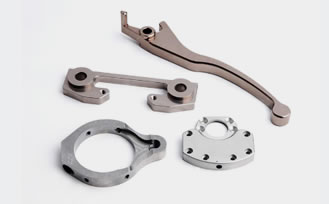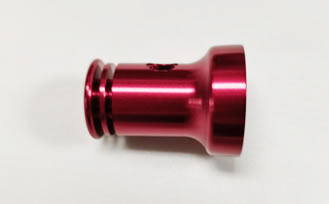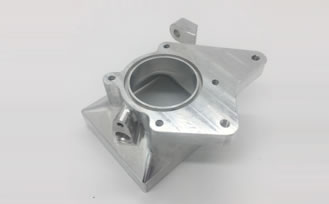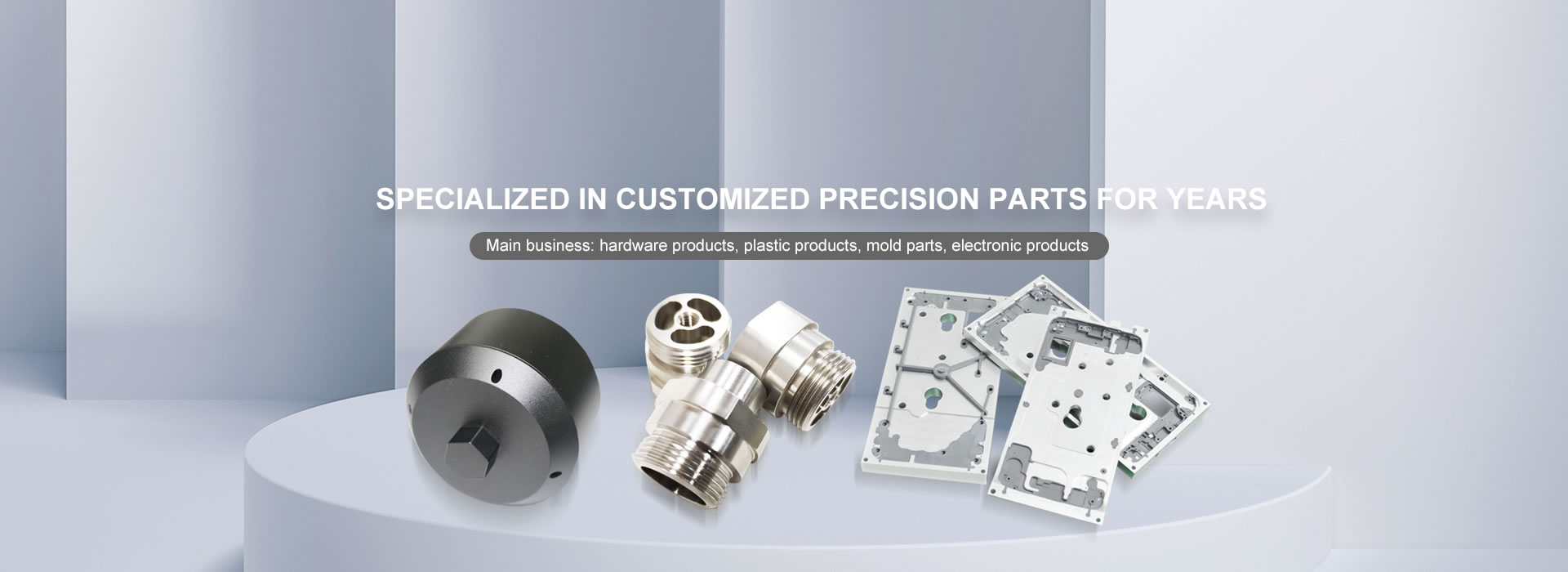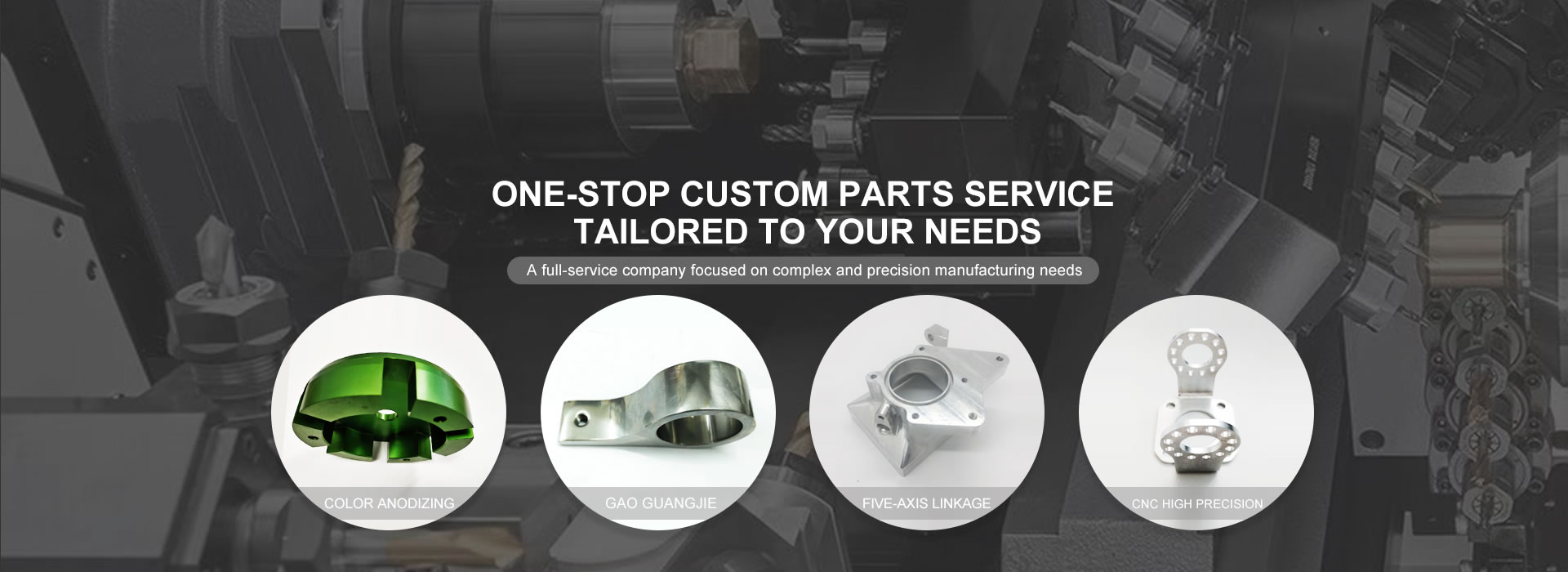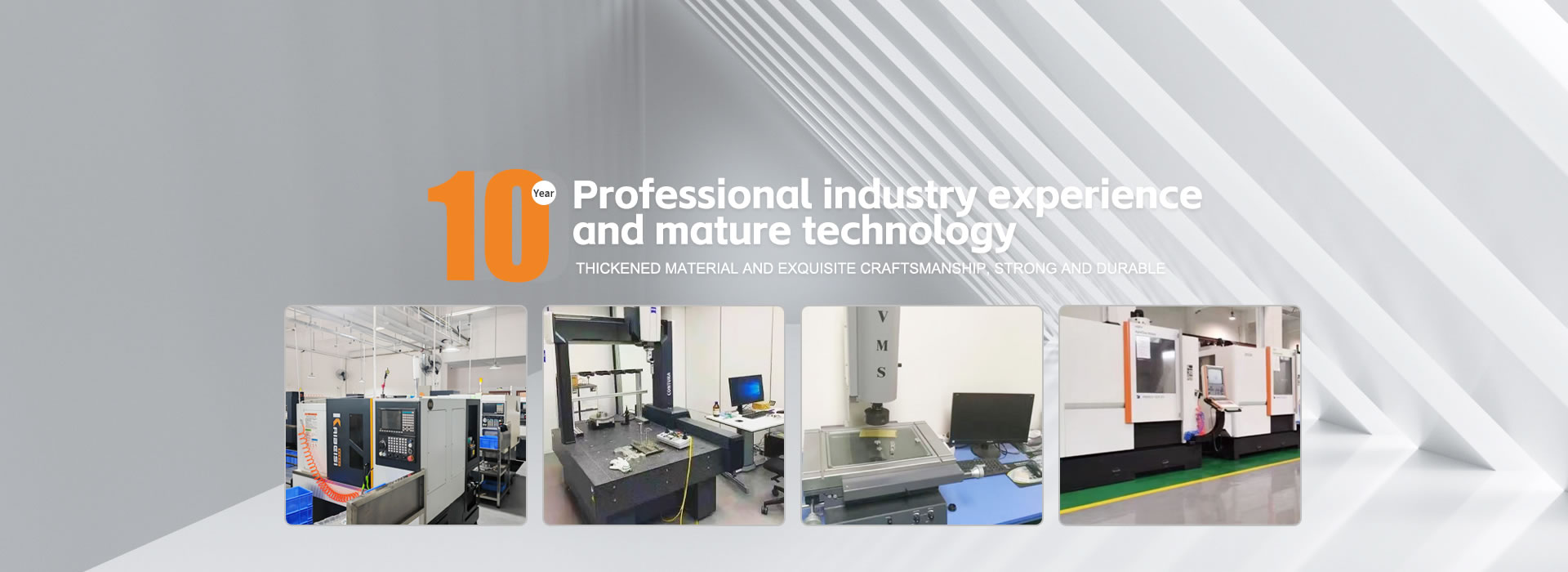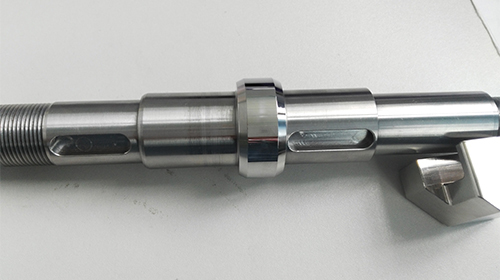
CNC high-precision products may encounter various faults during use, which are usually related to multiple aspects such as mechanical components, electrical systems, software programs, and operation and maintenance of the equipment. Here are some common causes of malfunctions:
1、 Mechanical component failure
Tool wear and damage:
The tool will wear out after prolonged use, leading to a decrease in machining accuracy or a deterioration in machining surface quality
Improper installation or impact of cutting tools may also cause damage, affecting the machining process
Transmission system malfunction:
The wear or looseness of transmission components such as belts and gears may lead to a decrease in transmission accuracy or the generation of noise
Bearing damage or poor lubrication may also cause transmission failures
Spindle issue:
Spindle deformation, spindle pump head failure, or spindle drive device failure may cause the spindle to not rotate or deviate from the commanded speed
Abnormal noise and vibration of the spindle may also be caused by problems with the spindle drive device
2、 Electrical system malfunction
CNC system malfunction:
Hardware failures in the CNC system, such as damaged circuit boards or loose wiring, may cause the system to malfunction
Numerical control system software failures, such as program errors, improper parameter settings, etc., may also cause machining problems
Servo drive malfunction:
Servo drive is a key component for controlling the movement of machine tools, and its failure may cause the machine tool to be unable to move along the predetermined trajectory
Overheating of servo motors, encoder malfunctions, or abnormal feedback signals are common causes of servo drive failures
3、 Software program issues
Programming error:
Incorrect coordinate settings, unreasonable tool path planning, or program errors during programming can all lead to machining errors
Failure to consider factors such as material properties and tool performance during programming may also affect the machining effect
Software compatibility issues:
Compatibility issues between CNC systems and programming software may result in incorrect program execution
Software versions that are outdated or not updated in a timely manner may also cause a series of problems
4、 Improper operation and maintenance
Operator error:
The operator's lack of concentration, improper operation or misoperation during the operation process may lead to damage to the machine tool or processing errors
Deep Z-axis tool alignment errors, mid point collision and operation errors are common operational errors
Improper maintenance:
Long term failure to clean, lubricate, and inspect equipment may lead to increased wear of mechanical components and decreased performance of electrical systems
Failure to replace worn parts or repair faults in a timely manner may also lead to bigger problems
5、 Other factors
Material issues:
Excessive or insufficient hardness of materials, as well as internal defects, can all lead to problems during the machining process
The selection and pretreatment of materials have a significant impact on the processing effect
Environmental factors:
Inappropriate working environment temperature and humidity, as well as large fluctuations in power supply, may all affect the stability and machining accuracy of the machine tool
In summary, the causes of failures in CNC high-precision products are diverse, involving multiple aspects such as mechanical components, electrical systems, software programs, and operation and maintenance. In order to ensure the long-term stable operation and high-precision machining quality of the equipment, regular maintenance and upkeep, strengthened operator training, selection of suitable materials and tools, and strict control of working environment conditions are necessary
Contact information
- Contacts: Mr. Deng 86 139 2853 4050
- Contacts: Miss Zhang 86 135 5667 8843
- Q Q: 29928133
- Address: Room 107, No. 3 Derong Road, Dalang Town, Dongguan City, Guangdong Province
- Website: en.cnxdtech.com
QR code



